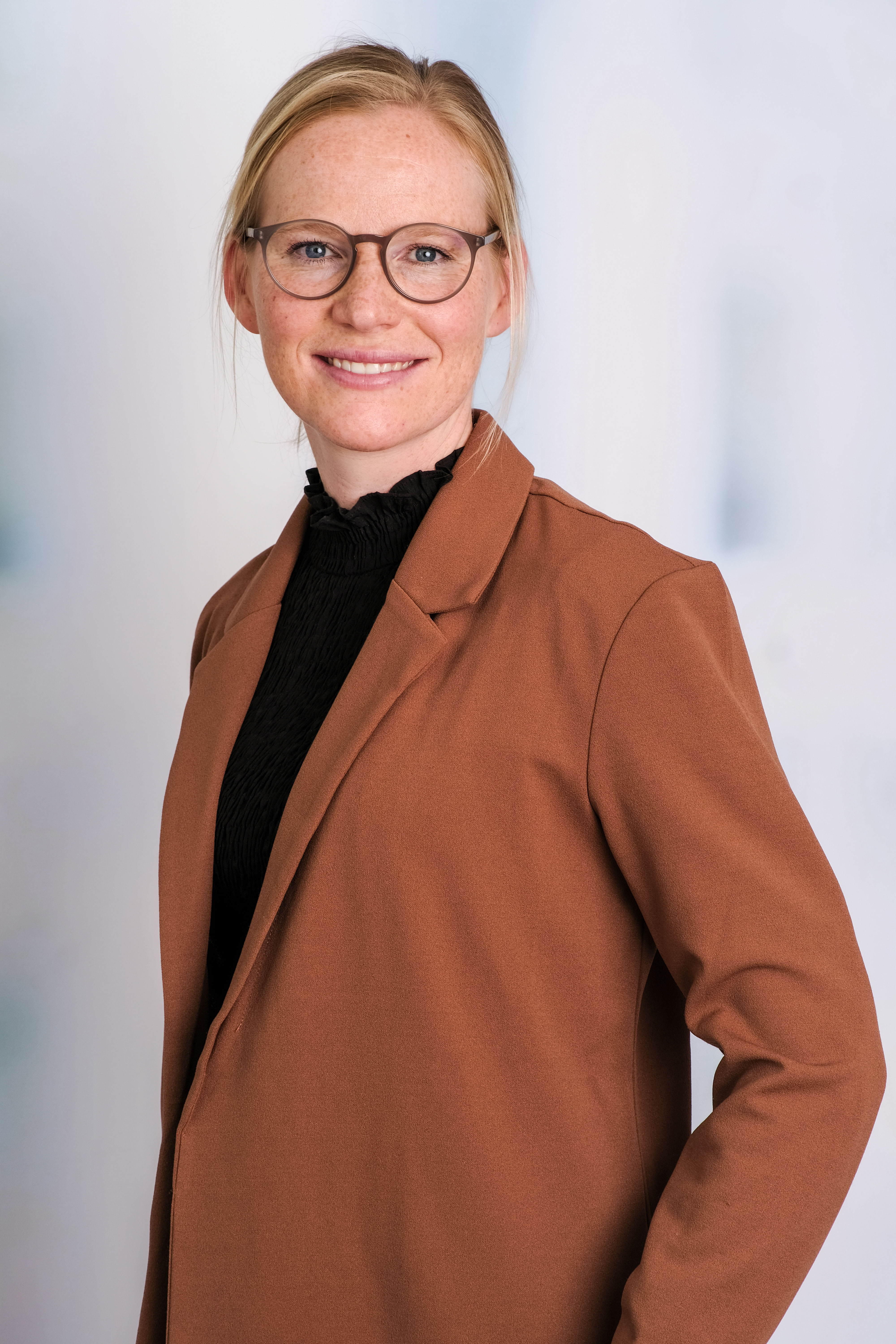Gene therapy should save eyesight
One in 2,000 people worldwide suffer from a hereditary retinal disease which impairs their vision and can, in the worst case, cause blindness. PhD student Silja Hansen from Aarhus University receives a grant of just over DKK three million from the Velux Foundation to study how gene therapy can slow the disease.

A congenital genetic defect is the cause of hereditary retinal diseases which lead to progressive loss of sight and blindness. In connection with her postdoc project, PhD student Silja Hansen from the Department of Biomedicine carries out research into a new gene editing tool called Prime Editing. The Velux Foundation is now support her research with DKK 3,090,150.
With Prime Editing, researchers can correct the pathogenic mutations directly in the patient's DNA, thereby slowing the progression of the disease. Silja Hansen tests the method on a retina model, which she will create on the basis of patient cells, and she hopes that the research project will pave the way for the implementation of gene therapy as a new form of treatment. If successful, patients with a hereditary retinal disease could be offered vision-preserving treatment in the future.
Silja Hansen carries out part of her research at Oxford University. At the Department of Biomedicine, Silja Hansen will be affiliated with Professor Thomas Corydon's research group.
Contact
PhD student Silja Hansen
Aarhus University, Department of Biomedicine
Aarhus University Hospital, Department of Ophthalmology
Email: silja.hansen@biomed.au.dk